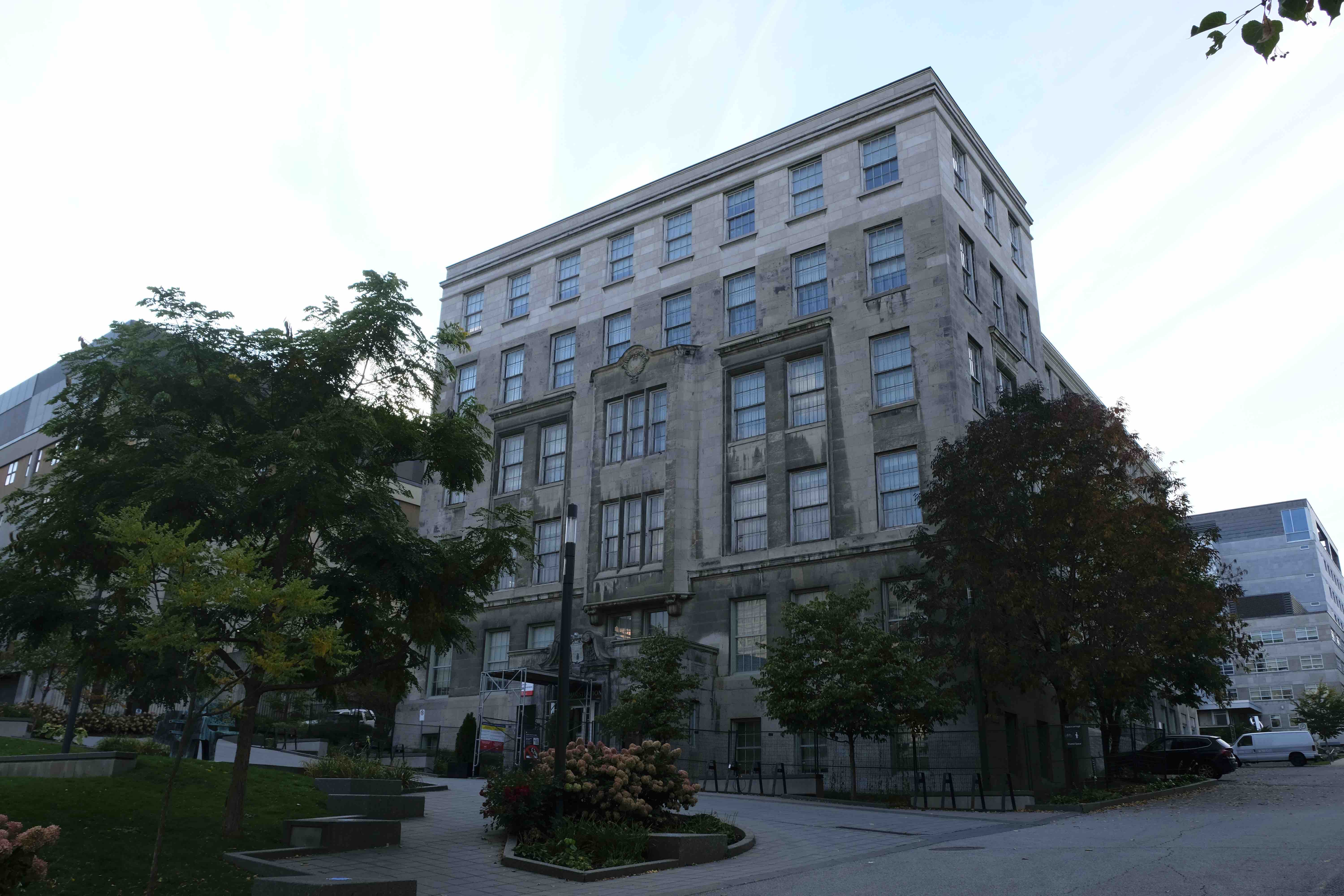For years, McGill students have fought for change through protests, rallies, and other physical demonstrations. Protests, such as those led by Divest McGill against the occupation of Wet’suwet’en territory and the Indigenous students behind the “Change The Name” campaign, have been crucial to drawing attention to issues on campus and effecting change at McGill. COVID-19 has restricted students’ ability to mobilize for issues that matter to them. The McGill Board of Governors (BoG), which has final authority over all academic, financial, and investment affairs, needs to ensure that students are given the opportunity to put forth their grievances.
With tuition fees increasing for the 2020-2021 academic year and longstanding resentment against McGill’s investments in fossil fuels, student voices must have a platform. The BoG leaves little opportunity for students to ask questions or share their concerns on the topics discussed. The Board holds bi-monthly closed meetings, with four student representatives and two student observers, who do not vote but still attend the meetings on behalf of student associations. While student representatives are invaluable, the ratio of six representatives to over 40,000 students simply does not accurately reflect all student concerns. Community sessions are held after every other meeting—so, every four months—in which students and staff can submit questions for the Board. However, participating in such sessions is not as easy as it sounds. Community members must submit questions 15 days before the meeting. Questions are then vetted by the Board to ensure that they cover matters that the Board wishes to address. Even if a question survives this process, it will only be allotted a maximum of five minutes.
As the COVID-19 pandemic has made in-person protests unsafe for many, the BOG must adapt their current system to ensure that student concerns are addressed. In the past, students have used physical forms of protest like rallies and sit-ins to compensate for the Board’s lack of transparency. Since in-person protests are now unsafe, it is increasingly difficult for students to make their voices heard. The McGill administration’s failure to adapt to the restrictions placed on students this year displays their flagrant disregard for student well being.
The BoG is set to host one student forum for this academic year in January. Forums differ from community sessions as they allow students to engage directly with the BOG as opposed to written and submitted questions. All members of the McGill community must be heard, but with little to no ability to protest and only one opportunity this year to address the Board, individual students are silenced. The Board of Governors must adapt their current meeting system to allow ample time and care to manage the concerns of students. Live streaming meetings through websites such as Youtube Live would allow students to tune in and hear in real-time decisions made regarding their tuition, academics, and the BOG’s investment choices.
In addition, a live community session system would allow for an open forum at the end of every meeting instead of the submitted and reviewed questions, whereby questions could be submitted in real time. With this in place, questions that challenge the Board are more likely to be addressed, and more students will be able to put forth concerns regarding their welfare. On top of this, a live comment section would mitigate the barrier of submitting questions to the Board 15 days before the scheduled meeting.
Though in-person protests are currently unsafe, students can take a number of different approaches to fight for their rights. Amplifying online components of student movements, such the Black Student Networks’ (BSN) #TakeJamesDown online video series and letter writing initiative, is one way to push for change on campus if you are unable to physically protest. Moreover, by contacting board members individually, students can direct their demands to the source. Unprecedented times call for adaptations by the McGill administration, and turning a blind eye to student concerns is not a viable option.









Excellent, well thought , appropriate and poignant discussion of resistance to power. Well done Mallory